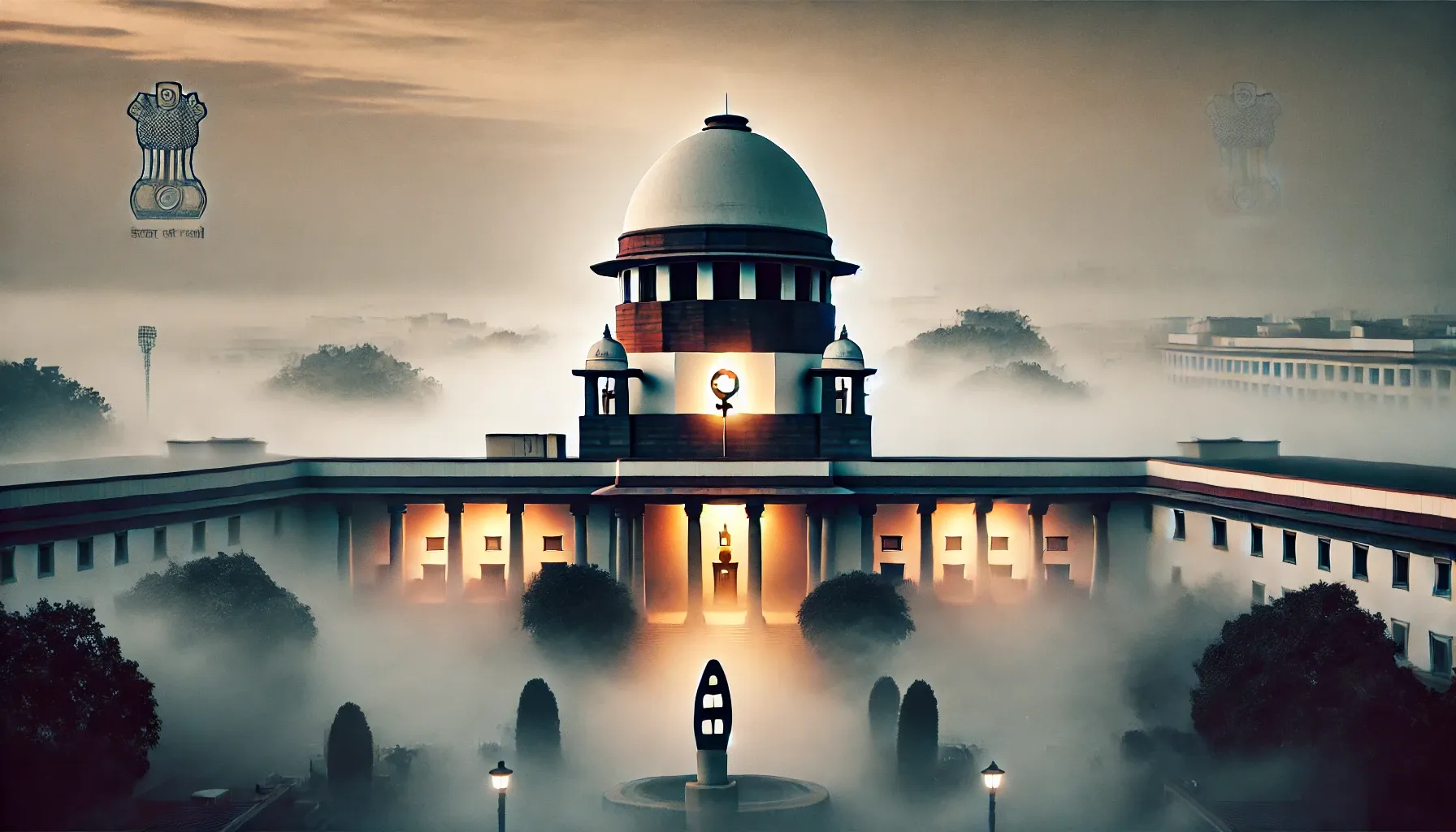The Supreme Court criticized MP High Court for dismissing a female judge post-miscarriage, highlighting systemic gender bias and questioning insensitive performance evaluation criteria for women in judiciary.

In a case that has sparked intense debate about gender equity in the judiciary, the Supreme Court of India has delivered sharp remarks against the Madhya Pradesh High Court for terminating a female judicial officer under controversial circumstances. The officer faced dismissal despite her documented struggles with health issues, including a miscarriage, and personal hardships. A bench comprising Justices B.V. Nagarathna and N.K. Singh questioned the fairness of the evaluation criteria, which appeared blind to these challenges, labeling the situation as symptomatic of systemic gender bias.
Case Background and Facts
- Simultaneous Terminations: In a decision by the MP High Court, six judicial officers were dismissed for poor performance. Following intervention by the Supreme Court, four officers were reinstated, leaving two female officers, including the petitioner, to seek redressal.
- Cited Grounds for Dismissal: The petitioner, a female judge, was accused of a low disposal rate of cases, handling only two civil suits in a year, and earning a performance score of 1.36 units in 2021.
- Impact of COVID-19: During the pandemic, performance criteria were officially suspended. Despite this, the High Court upheld the dismissal, claiming that her productivity remained below acceptable standards even when adjusted for leniency.
- Personal Hardships Ignored: The petitioner’s miscarriage, COVID-19 recovery, and the cancer diagnosis of her brother were documented reasons for her inability to meet professional benchmarks. Yet, these were not taken into account during her assessment.
Supreme Court’s Observations: Strong Words Against Gender Insensitivity
The Supreme Court’s bench, led by Justice B.V. Nagarathna, did not hold back in its criticism of the MP High Court’s actions, highlighting glaring insensitivity and gender bias.
- Addressing the hardship of a miscarriage, Justice Nagarathna remarked, “I hope such criteria is also imposed on male judges. The lady had a miscarriage. The mental and physical ailment of a woman who has undergone such trauma cannot be ignored.”
- In a scathing critique of the High Court’s insensitivity, she said, “I wish men have menstruation. Then they will know what it is.”
- Justice Nagarathna also questioned the High Court’s rigid performance standards:
- “What is the meaning of targets or units? Very easy to say dismiss and send home. But when someone is suffering, particularly women, such insensitivity is unacceptable.”
- “We are not just an auxiliary system of justice. Judges, especially women, are human beings with personal struggles.”
Defense and Arguments by the Madhya Pradesh High Court
- Performance Metrics: Advocate Arjun Garg, representing the MP High Court, argued that the petitioner’s performance remained below average even during relaxed assessment periods.
- Despite repeated prompting, Garg refrained from further arguments following the court’s strong rebuke.
Arguments by the Petitioner
Senior Advocate Indira Jaising, representing the petitioner, underscored the disproportionate burden placed on women in judicial roles:
- The petitioner suffered from physical and emotional trauma due to her miscarriage, COVID-19 recovery, and family crises.
- Jaising also revealed discrepancies in the Annual Confidential Report (ACR):
- While the officer previously received “good” and “very good” remarks, a single “average” rating by the inspection judge significantly affected her evaluation.
Systemic Gender Bias: A Larger Issue
The bench also criticized the judiciary’s handling of women’s performance evaluations:
- “When male judges face similar hardships, are they subjected to the same level of scrutiny?” questioned Justice Nagarathna.
- She pointed out that the current system often fails to accommodate gender-specific challenges like maternity and miscarriage.
Amicus Curiae’s Submissions
- Unresolved Complaints: Both Senior Advocate Gaurav Agarwal and Indira Jaising, acting as amicus curiae, pointed out that unresolved complaints against the officer were improperly considered during her termination.
- Flawed Process: They also highlighted that adverse remarks about her performance were made by the inspection judge from Ratlam, rather than the Principal District Judge under whom she directly worked.
Next Steps and Implications
The case, titled "Aditi Kumar Sharma v. State of Madhya Pradesh and Ors.", will be heard next on December 12, 2024. The Supreme Court’s observations are expected to push for reforms in judicial performance evaluation, particularly concerning female judges facing personal and health challenges.
Justice Nagarathna’s sharp critique has placed a spotlight on gender bias within the judiciary, sparking hope for greater sensitivity and fairness in the system. The final verdict could set a precedent for gender-inclusive policies in judicial workplaces.
Case Details: ADITI KUMAR SHARMA v STATE OF MADHYA PRADESH AND ORS., W.P.(C) No. 233/2024




